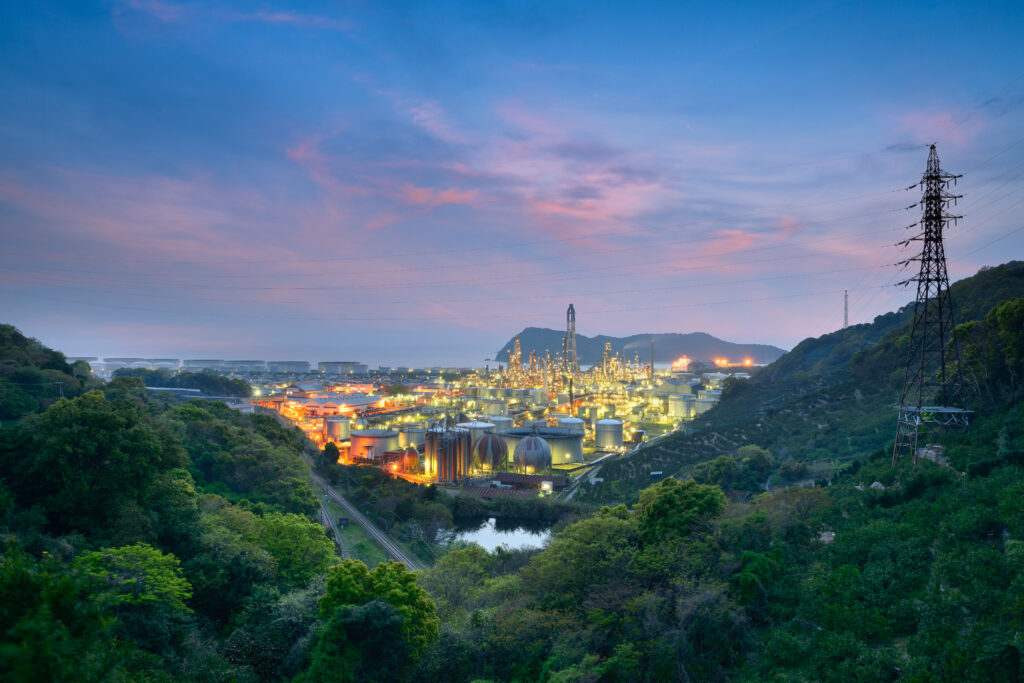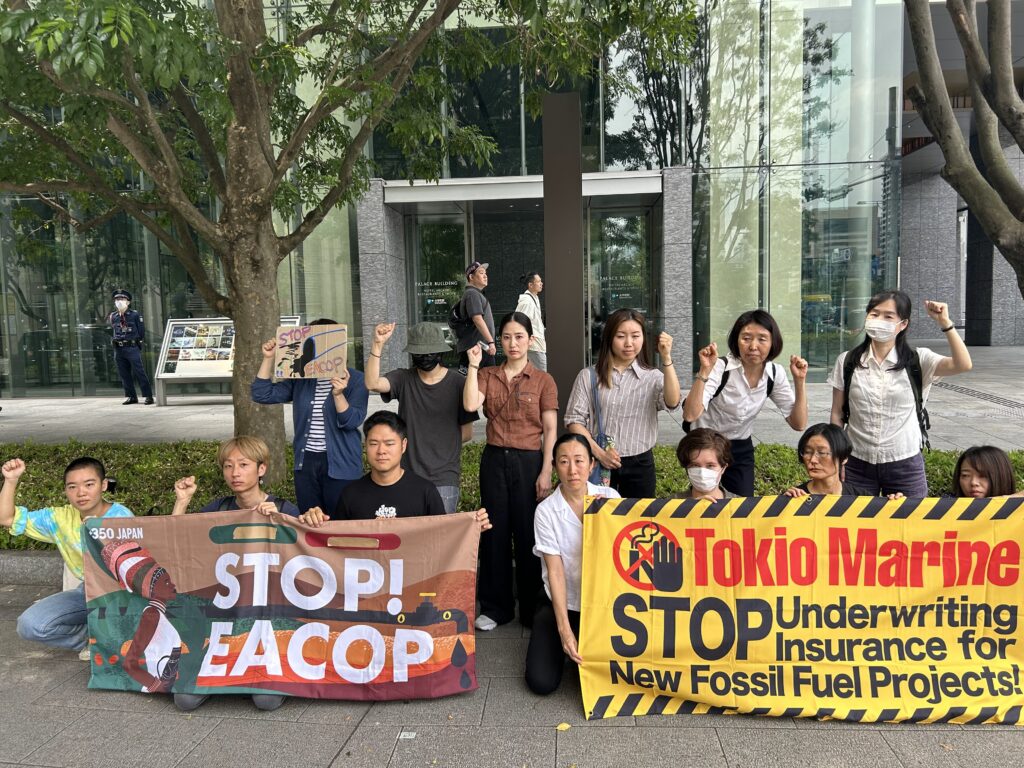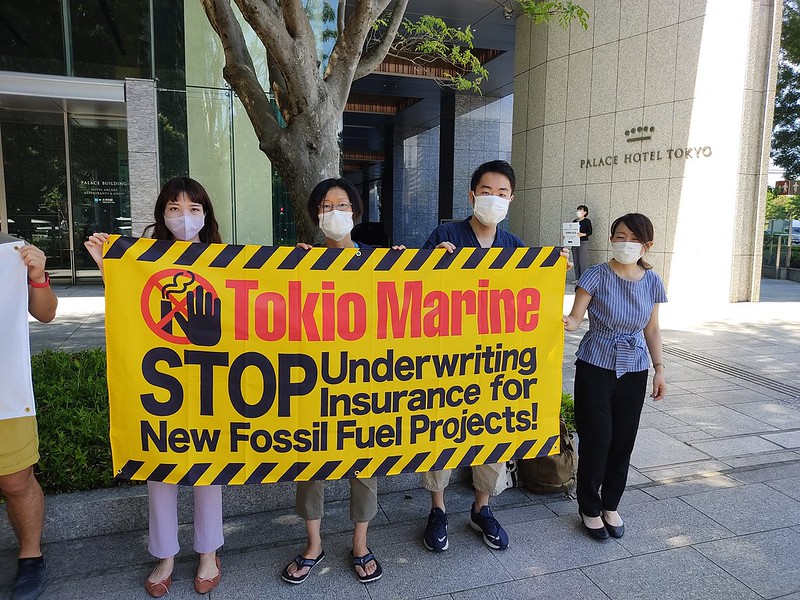NGOs urge Tokio Marine to further strengthen its fossil fuel policy to achieve the goals of the Paris Agreement
On September 30, one of Japan’s major non-life insurance companies, Tokio Marine Holdings announced a policy to tighten its restrictions on underwriting coal-related business. The new policy states that “Tokio Marine Group will not provide new underwriting capacities or financing to coal fired power generation projects or thermal coal mining projects, regardless of whether they are newly constructed or not. However, we may grant exceptions for projects with innovative technologies and approaches, such as CCS/CCUS and mixed combustion, with the aim of achieving the goals of the Paris Agreement, based on careful consideration.” While we see it as a certain progress, we consider that the policy needs to be further strengthened to achieve the 1.5 degrees Celsius goal of the Paris Agreement.
In its new policy, Tokio Marine regards CCS/CCUS and mixed combustion as innovative technologies and approaches to achieve the goals set in the Paris Agreement. However, it remains uncertain whether these technologies will become commercially viable within the timeline consistent with the 1.5 degrees Celsius goal of the Paris Agreement and for mixed combustion whether greenhouse gas (GHG) emissions are sufficiently reduced when looked at the whole cycle including mixed fuel’s production and transportation. Therefore, it is not appropriate to include CCS/CCUS and mixed combustion as innovative technologies and approaches to achieve the goals of the Paris Agreement.
In addition, no commitment has been made to reduce emissions in the underwriting portfolios, which is a critical effort to achieve the 1.5 degrees Celsius target. At the Insurance Development Forum held on June 8, UN Secretary-General Antonio Guterres called on insurance companies to end fossil fuel insurance by stating that “we need net zero commitments to cover your underwriting portfolios, and this should include the underwriting of coal ? and all fossil fuels”. The three major non-life insurance companies including Tokio Marine should immediately set a goal to achieve net-zero emissions by 2050 for their underwriting portfolios. In the meantime, all the three Japanese mega banks have already pledged net zero GHG emissions in their lending and investment portfolios by 2050. It is becoming more obvious that the Japanese non-life insurance sector is lagging behind.
Moreover, the International Energy Agency (IEA) concluded in its report, “Net Zero by 2050, A Roadmap for the Global Energy Sector” published on May 18, that new fossil fuel mining operations cannot be approved by the present year 2021 and the electricity sector should have net-zero emissions globally by 2040. Therefore, in order to achieve net zero emissions by 2050, it is necessary to end underwriting not only for coal mining and coal-fired power generation but all fossil fuel mining, transporting and power generation projects, including oil and gas.
This statement was published by Japan Center for a Sustainable Environment and Society (JACSES), Kiko Network, Friends of the Earth Japan, 350.org Japan and Mekong Watch.







